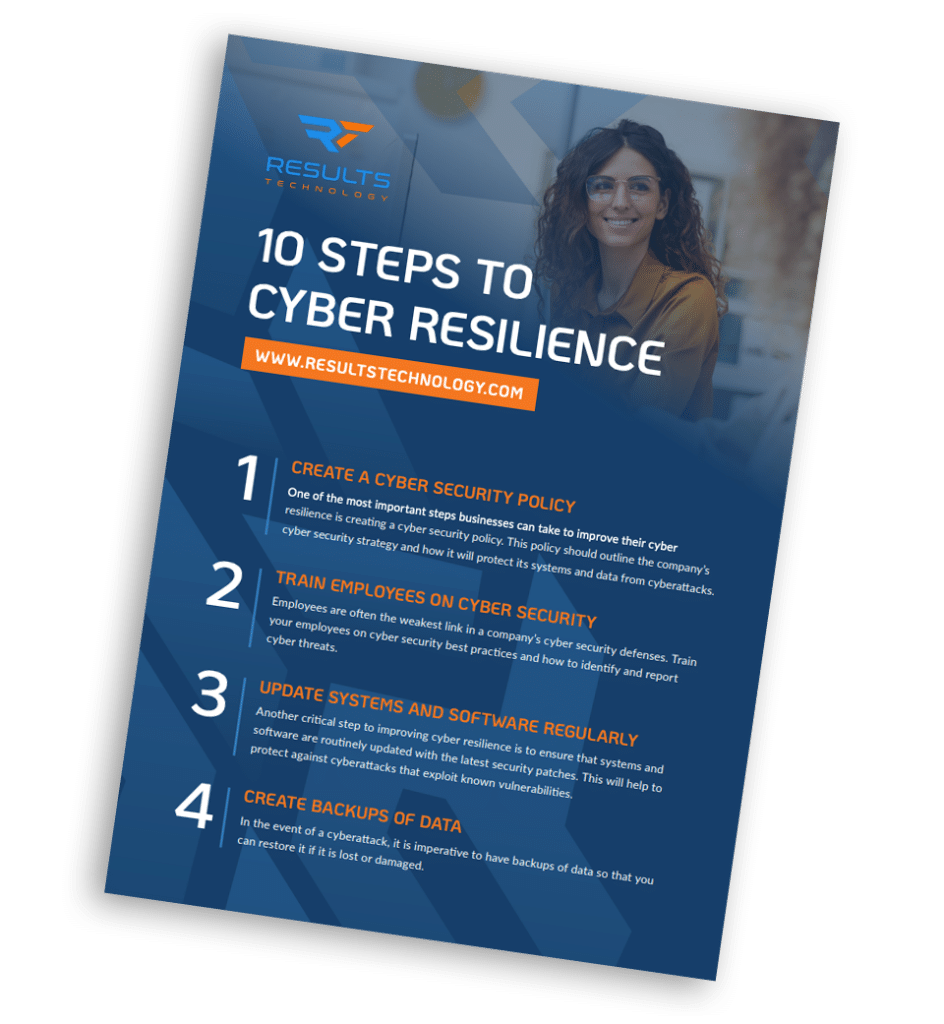In today’s digital age and especially coming into the holiday season, it is more important than ever to be aware of the different types of online scams that are out there. Unfortunately, scammers are getting smarter and more sophisticated every day, so it’s important to be vigilant in order to protect yourself and your finances from banking scams.
Here, we will talk about some of the most common online scams and provide tips on how to keep your account safe from them.
Recognizing the Most Common Banking Scams
With the right knowledge, knowing red flags, and precautionary steps, you can feel confident and prepared for any scam that comes your way. Here are some of the most common banking scams and how you can protect yourself from them.
Phishing Scams
Phishing scams are one of the most common scams that you or your business could experience. This type of scam attempts to get personal information through texts and emails. This could be card or account numbers, social security numbers, or passwords.
These are used to access your bank account, personal information, email account, or any other account that would give them access to your funds or an avenue to access them. One in every 99 emails is a phishing scam and 30% of them are opened. It is one of the most prominent and threatening scams out there.
How to Protect Yourself From Phishing Scams
The best way to protect yourself from phishing scams is to educate yourself and your employees about them. Know how prominent they are, and most importantly—unless you have verified the email is legitimate—never share personal information online.
Social Engineering Scams
A scam that is becoming increasingly common is social engineering. This is when hackers manipulate employees by impersonating trusted officials in order to obtain money or confidential information. Social engineering usually involves an email, phone call, or text message pretending to be from a legitimate source.
One way in particular that hackers use against employees is by taking advantage of out-of-office replies. Why? These out-of-office notifications, though well-intended, give hackers information that they can use. It lets them know who is out of the office and who a trusted employee is that they can then target.
How to Protect Yourself From Social Engineering Scams
To protect yourself from social engineering, never click on suspicious links in emails or messages, and do not give out personal information. Create safer out-of-office replies by just saying that you are “unavailable” instead of giving away too much information.
Charity Scams
Another type of scam that takes advantage of people’s kindness is charity scams. This is where scammers pose as charities and ask for donations.
How to Protect Yourself From Charity Scams
Protect yourself from charity scams by doing your research. If the charity does not have a website or it does not look legitimate, this is a red flag. Charity scammers can also be very vague about how they are going to use the money and where it is going.
Overpaying Scams
This type of scam takes advantage of people who sell products and services online. How it works is the scammer sends you money or a check that is counterfeit and is more than what is owed for the product or service. Then they ask for the difference back. This scams you out of the money you pay back and the product or service you provided.
How to Protect Yourself From Overpaying Scams
Knowing about this type of scam already better prepares you for it. Being very particular about the forms of payment that you accept for your product or service is a great way to protect yourself from overpaying scams. As well as using your best judgment.
General Tips to Keep in Mind to Avoid Bank Scams
By following the tips we have discussed and being aware of common scams, you can help ensure that your online banking experience is safe and secure. Stay informed and stay one step ahead of scammers! No matter what type of scam you are faced with, remember these tips:
- Never share personal information including bank account details
- Don’t click on suspicious links in emails or text messages
- When in doubt call the real supplier to check the information
- Check your account activity regularly
- Don’t use public computers or public Wi-Fi for online banking
Fortify Your Business Against Banking Scams with RESULTS Technology
If you have any questions, concerns, or want to better secure your online banking, RESULTS Technology has the software, knowledge, and care to fortify your cybersecurity. Contact our experienced team today to see how we can help you protect your business from online banking scams.


